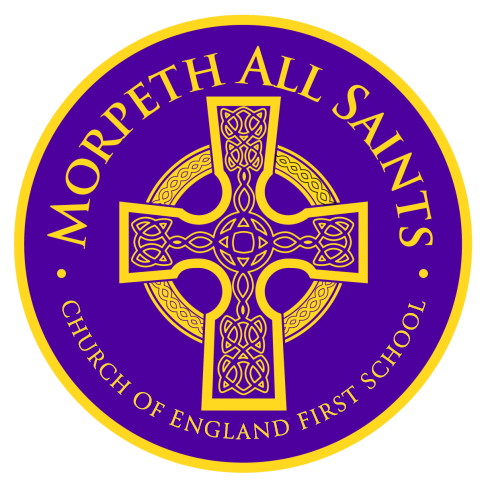Computing here at Morpeth All Saints…
The use of ICT is promoted in all subject areas and children use computers to enhance and compliment much of their work in school. Every class has access to iPads to ensure individual experiences and progress through whole class focused activities and we have a fantastic computer suite to support learning.
Each class works through a variety of topics for Computing including Digital Literacy (e-Safety), Coding Without Computers and Coding itself. Within school we use a variety of different resources to meet the objectives within the Computing curriculum. We use programmes such as Scratch and j2code to teach programming.
Intent:
Through our computing curriculum at Morpeth All Saints we aim to give our pupils the life-skills that will enable them to embrace and utilise new technology in a socially responsible and safe way in order to flourish. We want our pupils to be able to operate in the 21st century workplace and we want them to know the career opportunities that will be open to them if they study computing. We want children to become autonomous, independent users of computing technologies, gaining confidence and enjoyment from their activities. We want the use of technology to support learning across the entire curriculum and to ensure that our curriculum is accessible to every child. Not only do we want them to be digitally literate and competent end-users of technology but through our computer science lessons we want them to develop creativity, resilience and problem-solving and critical thinking skills. We want our pupils to have a breadth of experience to develop their understanding of themselves as individuals within their community but also as members of a wider global community and as responsible digital citizens.
Implementation:
Children receive discrete teaching of Computing once a week, where children are exposed to a range of high quality technology resources as well as “unplugged” computing lessons, which develop their understanding of E-Safety and how to be a safe digital citizen. Children learn how technology can be used to program, design and create digital content safely through exposure to a range of software and hardware, organised in blocks of learning where they are able to hone and improve their skills. Children are taught how to develop their programming skills progressively from EYFS to KS2, focusing on using a rich computing language. The final computing block enables students to use and apply these skills in areas of particular interest through child-led projects. In addition to this, children develop their digital literacy across the curriculum through use of a range of technologies to design and communicate ideas and data in different subjects. Children are taught about the benefits and limitations of technology in its many forms and develop an understanding of how this affects our daily lives.
Impact:
At Morpeth All Saints we assess the impact of our Computing curriculum in many different ways. This begins with the use of formative assessment within lessons and targeted feedback at the point of learning, which is not solely the end product on screen but through the way children communicate about their understanding of computing. Outcomes produced by the children are saved on the pupil drive and assessed against the desired skills and knowledge relevant to the specific year groups as well as class floor books providing evidence of children’s learning journey. These include children’s voice in relation to their understanding of computing as well as their enjoyment of the subject which is monitored by subject leaders and SLT. At the end of each term, judgements are made against end of year expectations, which inform next steps for cohorts.
Computing Policy…

